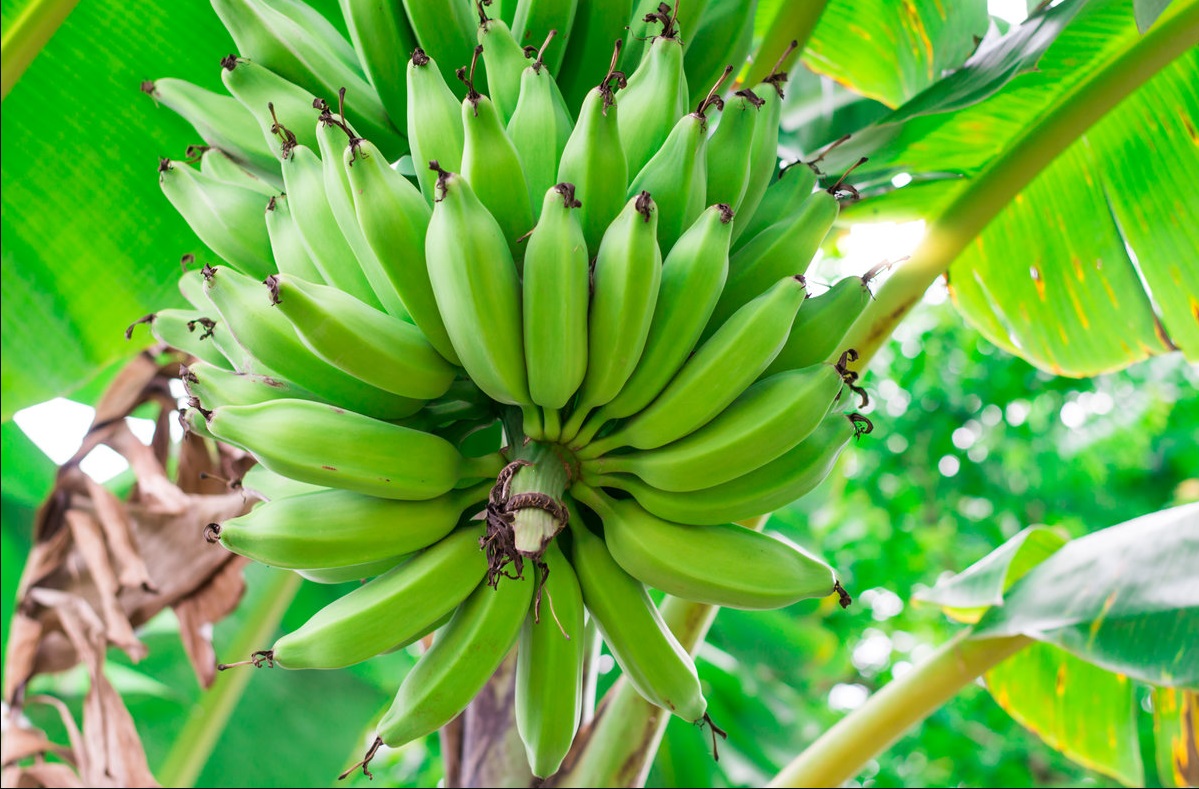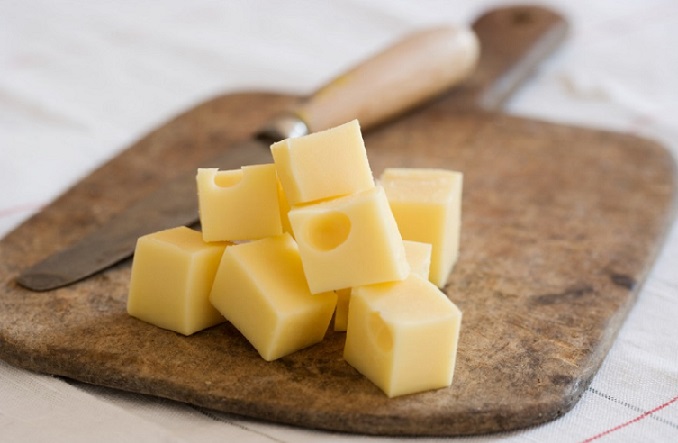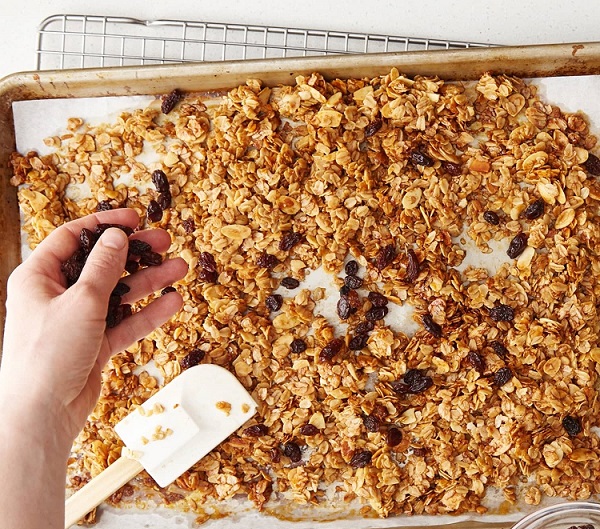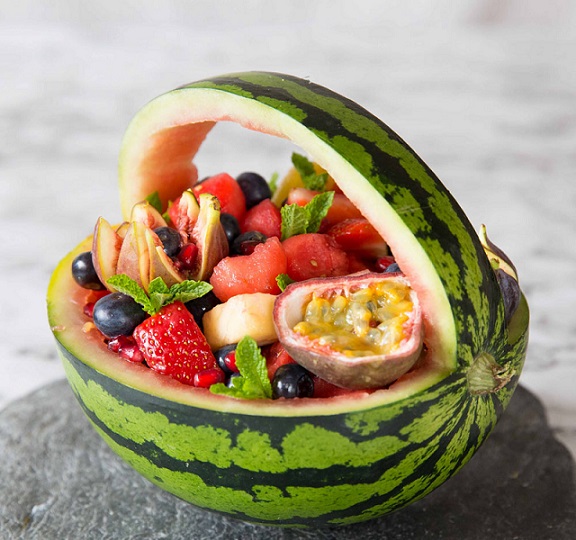Bananas are awesome because you can eat them with almost everything; cereals, crepes, ice cream, smoothies, etc. But what’s even better, is that it may be the answer to your food cravings to the eternal ‘what should I eat this morning?’ question. With this complete guide, you will be able to go full banana since you will know everything about this delicious fruit.
Where do bananas grow?
Bananas grow in tropical climates, where it’s almost always hot and humid all year round. Furthermore, this fruit mostly grows in the following countries:
- South and Central America
- India
- China
- Thailand
- Africa
- Hawaii
- Vietnam
- Philippines
Of course, there are other countries growing banana trees, but those are the main ones. To grow a banana tree, you need at least 6 hours of strong sunlight per day (on average) and fertile, well-drained soil that is rich in fiber.
How long does it take to grow banana fruits?
If you are wondering how long it takes for a banana tree to start giving you some fruits, it generally takes between 8 and 9 months. However, once the banana fruits have been harvested, the plant will die shortly after. From there, you will notice new growing points at the base of the plant, which can be transplanted to grow new banana trees.
How much sugar is found in a banana?
In general, if we talk about a medium-sized banana, you will find about 15 grams of sugar. Depending on the kind of banana and the size, the quantity of sugar will vary accordingly. Sugar found in fruits is called fructose and is a natural sugar that is relatively good for your body, as long as you don’t abuse it. As a matter of fact, it has been proven that fructose is an essential nutrient that can help in preventing and fighting cancer.
Is it good to eat a banana every day?
As long as you keep a balanced diet, yes, you can eat bananas every day if you want to. That said, keep in mind that this fruit contains lots of sugar and calories. A big banana, for example, will contain double the amount of sugar and calories that you would get by eating a full cup of strawberries.
Therefore, eating too many bananas every day could in fact potentially increase one’s blood pressure. That said, there are no studies backing up this theory, nor is there anybody who ever got severely sick by eating too many bananas.
Are bananas good for digestion?
Yes, the banana is one of the best fruits, alongside berries, plums, and oranges, to help digestion. This low-fructose and fiber-rich fruit is soft and easy on your digestive system. Also, it contains inulin, which will stimulate bacteria growth in your gut. For people who suffer from chronic constipation, sometimes, just eating a few bananas and plums will do the trick!
What are the nutritious highlights of the banana?
Here’s a list of the nutrients contained in a banana:
- Copper: 10% of the RDI.
- Vitamin C: 11% of the RDI.
- Vitamin B6: 33% of the RDI.
- Potassium: 9% of the RDI.
- Manganese: 14% of the RDI.
- Magnesium: 8% of the RDI.
- Net carbs: 24 grams.
- Fiber: 3.1 grams.
And here’s what you would get normally by eating one medium-size banana that weighs around 100 grams:
- Calories: 90
- Water: 75%
- Carbs: 22.8 grams
- Protein: 1.1 grams
- Fiber: 2.6 grams
- Fat: 0.3 grams
- Sugar: 12.2 grams
Do bananas have a lot of calories?
To better illustrate the difference between the number of calories you could get by eating a small, medium, or large banana, we made this simple comparative list down below:
Small Banana
- Calories: 72
- Sugar: 10 grams
- Total carbs: 19 grams
Medium Banana
- Calories: 90
- Sugar: 14 grams
- Total carbs 27 grams
Large Banana
- Calories: 105
- Sugar: 16 grams
- Total carbs 33 grams
Extra Large Banana
- Calories: 135
- Sugar: 19 grams
- Total carbs 35 grams
As you can see, if you eat several bananas every day, that’s a ton of calories that you will need to burn if you’re trying to lose weight. But on the contrary, if you’re trying to gain muscle mass, bananas will be your best friend, especially when coupled with a protein shake. If you want to eat more than 1 banana a day, we recommend using small or medium-sized bananas.
What are the health benefits of eating bananas?
Bananas are very good for your health. In fact, they provide many nutrients that will ease digestion, improve blood circulation, and add some important vitamins to your diet, such as vitamin B6. Nevertheless, like with anything you eat, it’s important to moderate your banana intake per day or per week.
Is eating lots of bananas a good way to lose weight?
You can eat one large banana for your breakfast, with an orange juice, and that should be enough to get you through the morning until lunchtime. Since bananas are rich in fiber, it gives you the feeling of being full, even though you didn’t eat that much food. Therefore, one banana in the morning is a great way to start the day and limit the quantity of food and calories you ingest per day.
Is eating bananas dangerous for diabetics?
People often wonder if eating too many bananas can cause diabetes or can be dangerous for a diabetic person since it is loaded with fructose (fruit sugar). Eating bananas or any fruits shouldn’t cause any type of diabetes. If you are diabetic, eating one banana per day as part of a balanced diet shouldn’t cause any problem either.
Balance is always the key. If you eat lots of bananas on top of drinking Coca-cola later on in the same day and eating candies, well, this will obviously result in too much sugar intake in your body.
Are bananas good for losing belly fat?
A misconception about the banana is that it can’t help you to burn belly fat since it contains lots of calories. This is false because a fiber-rich fruit will naturally block the absorption of carbohydrates by your body. Therefore, you can go ahead and add a few bananas to your diet without worrying.
And that’s the end of our complete guide on this tropical fruit. We hope all of this information will be helpful and that you’ll be able to enjoy your bananas in many delicious recipes.




